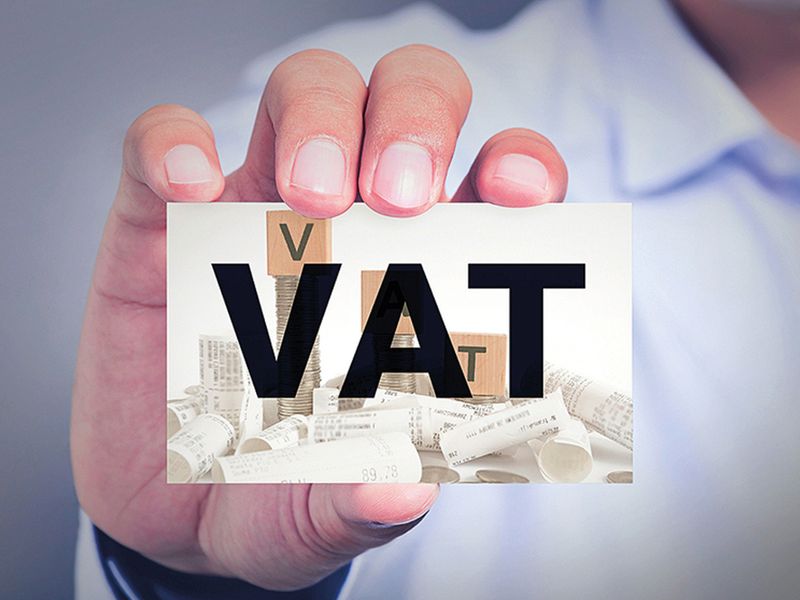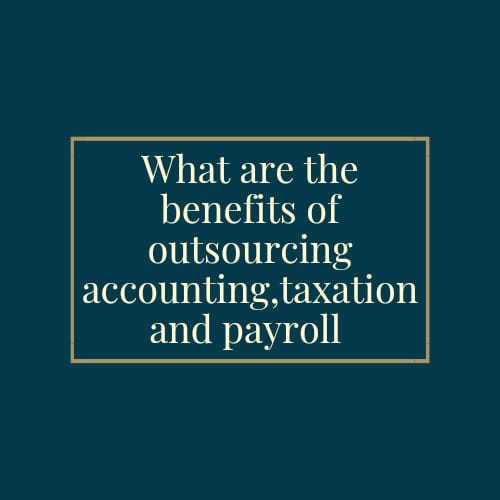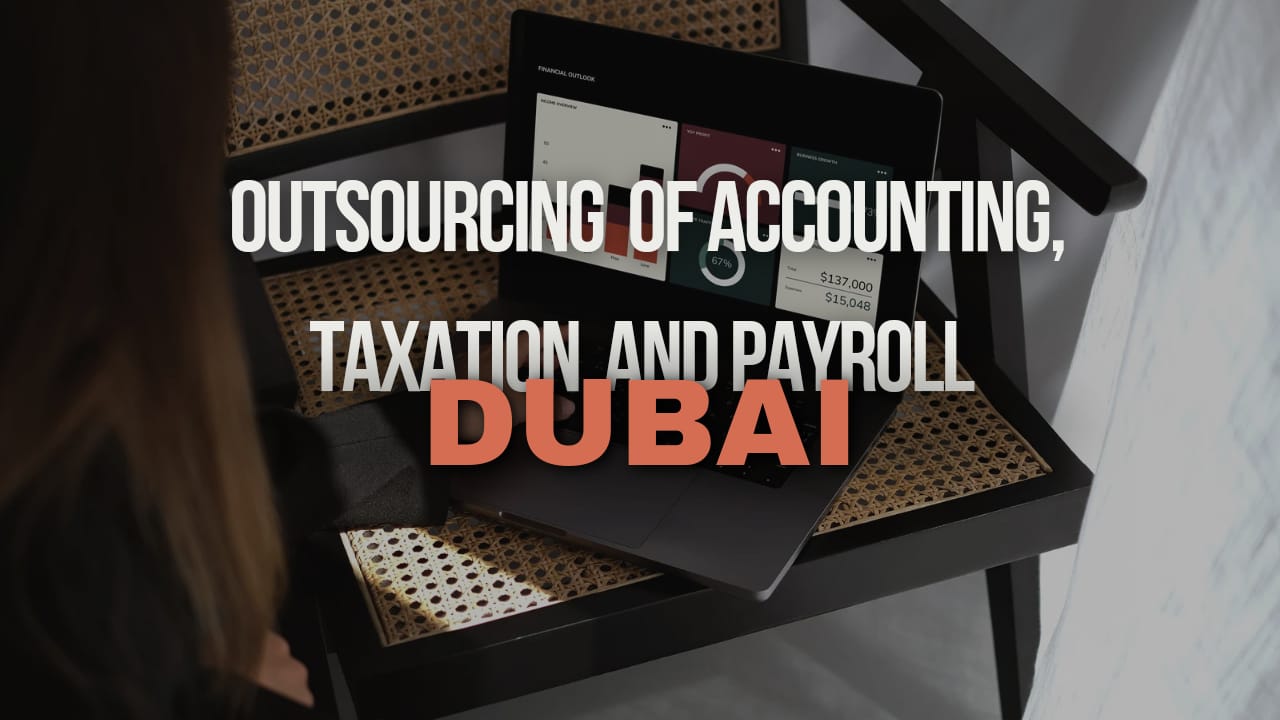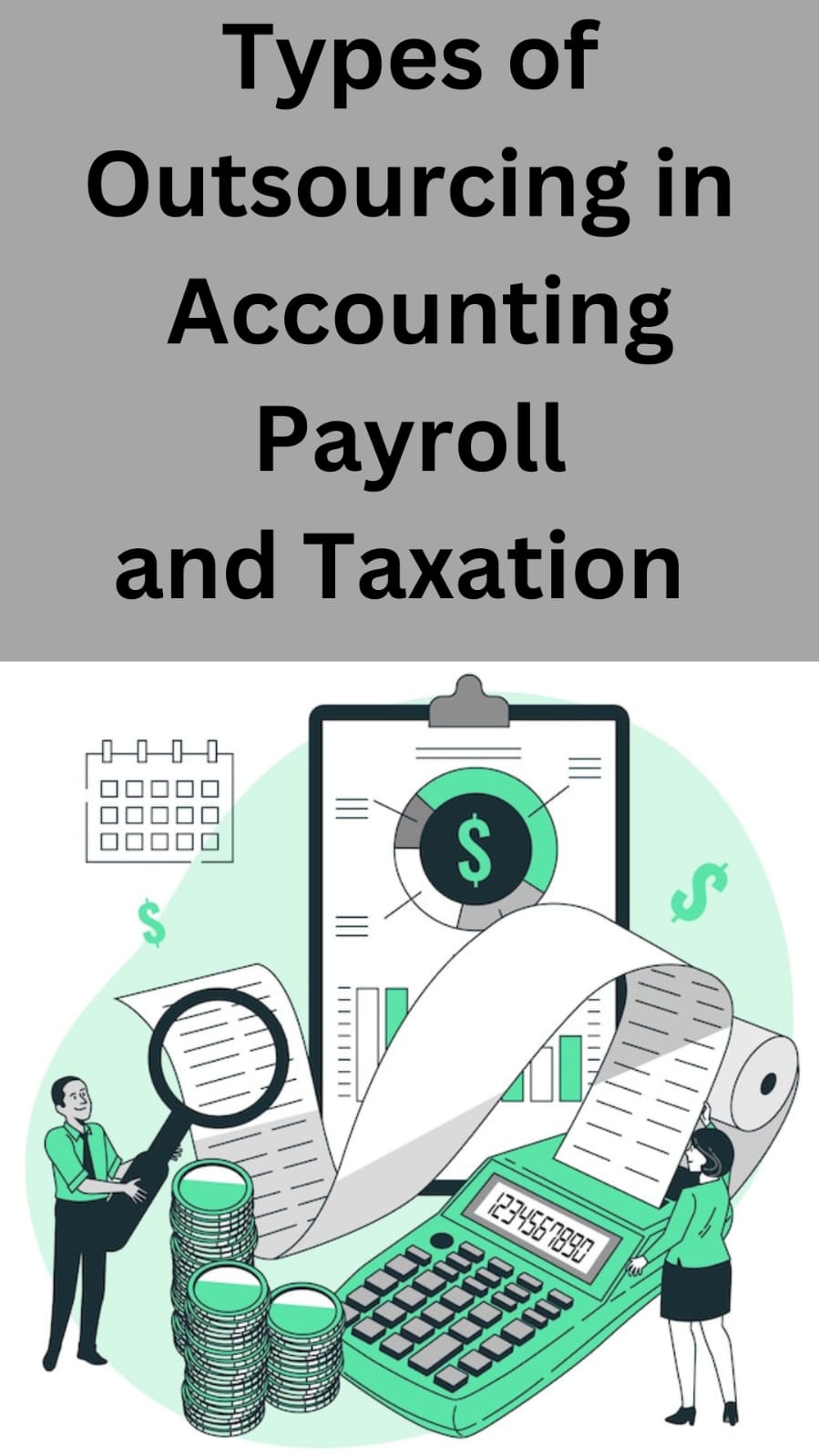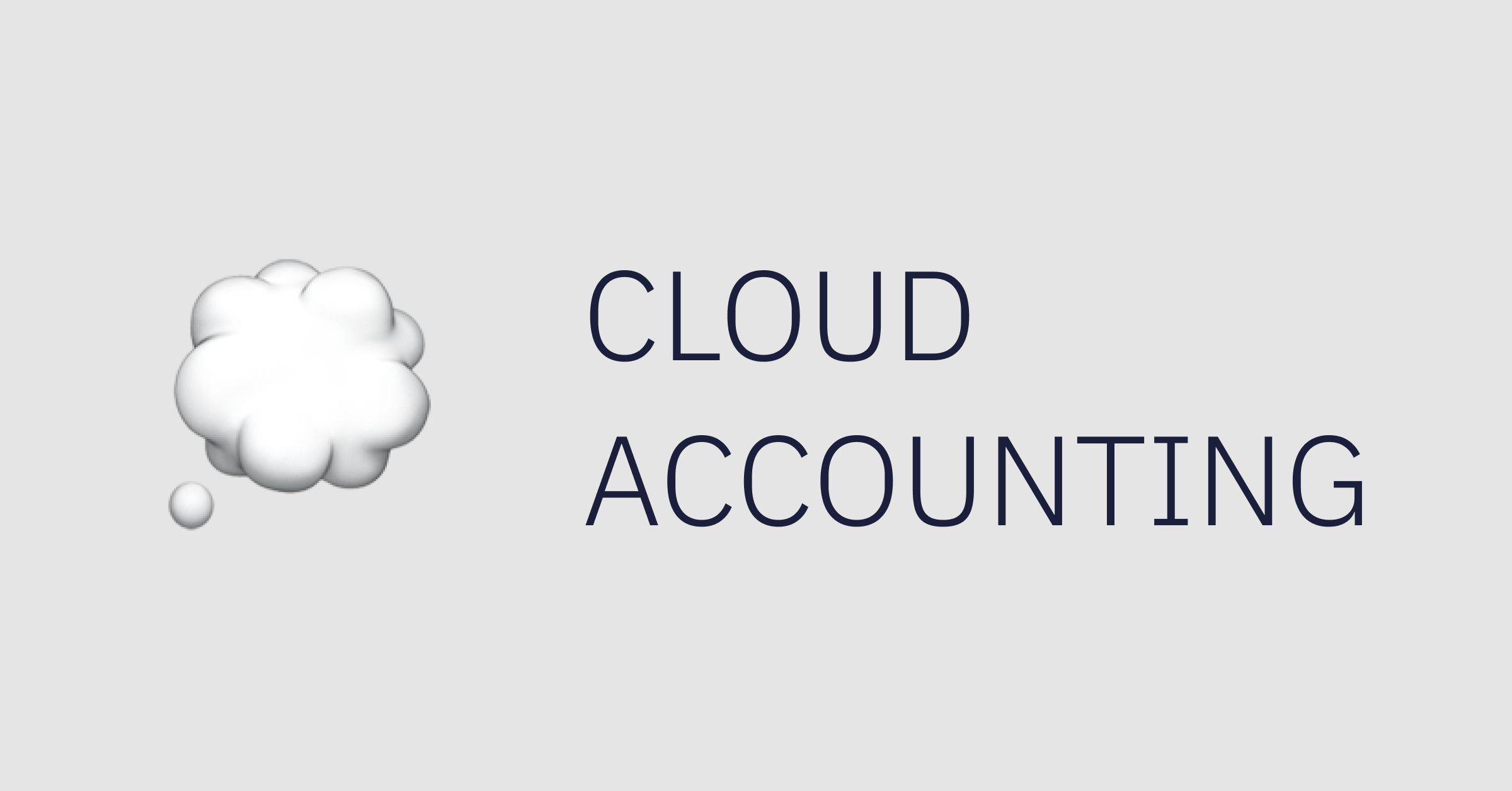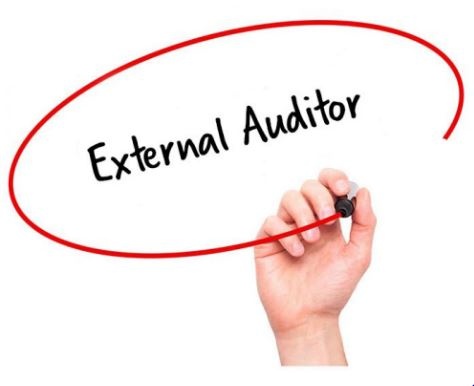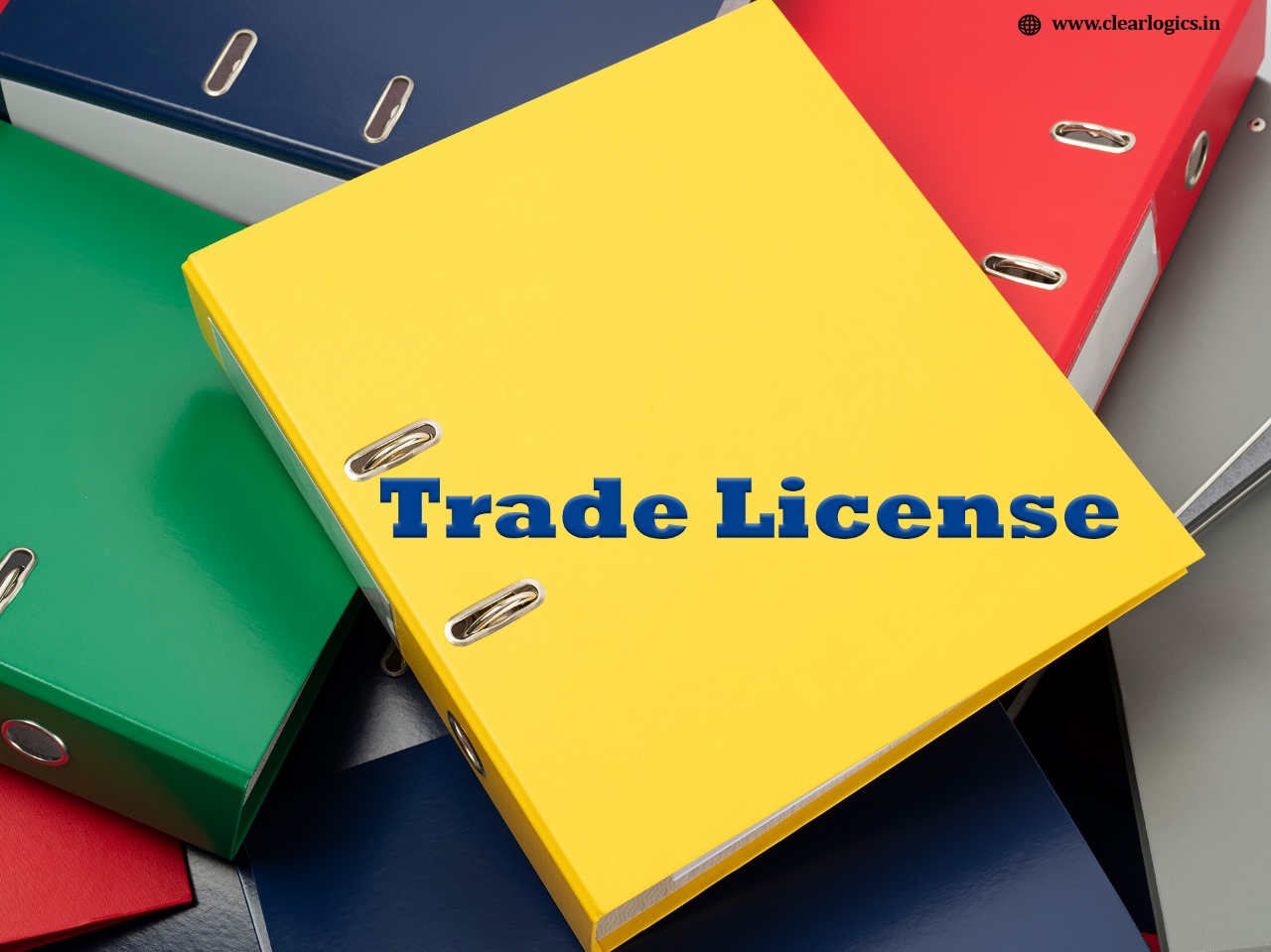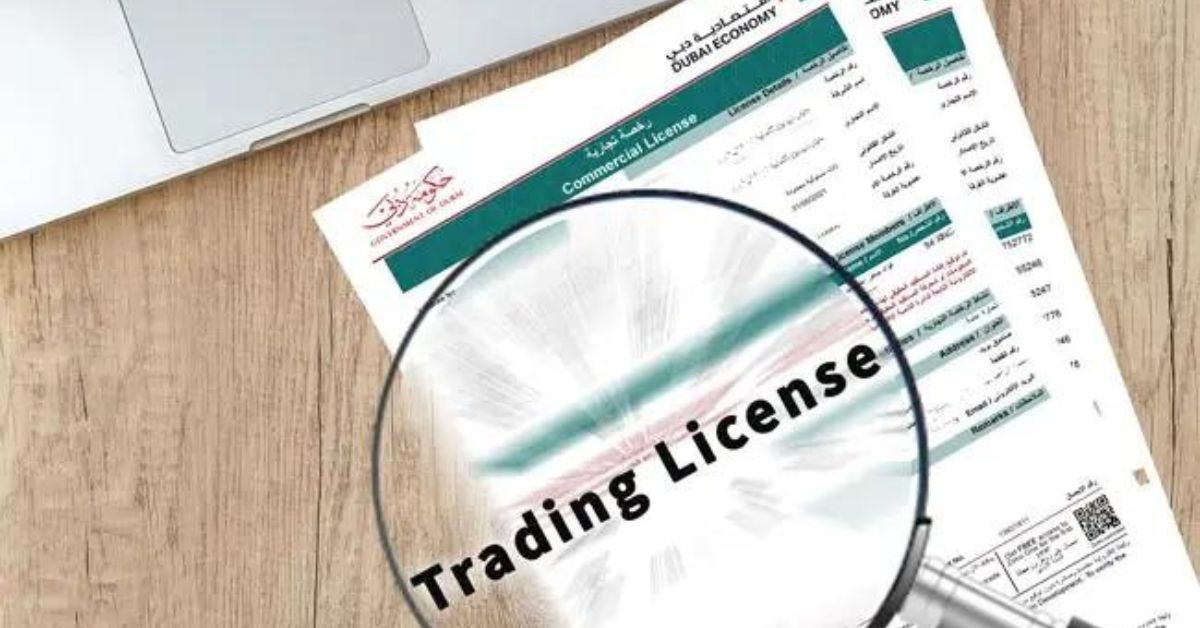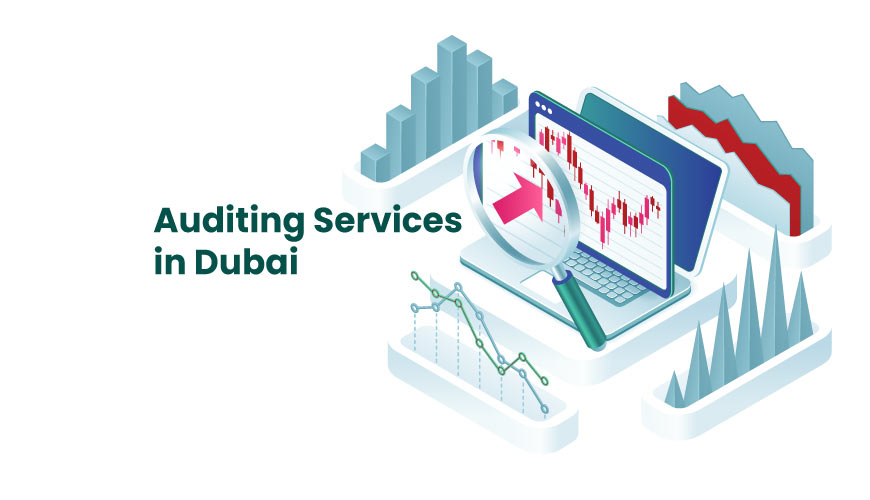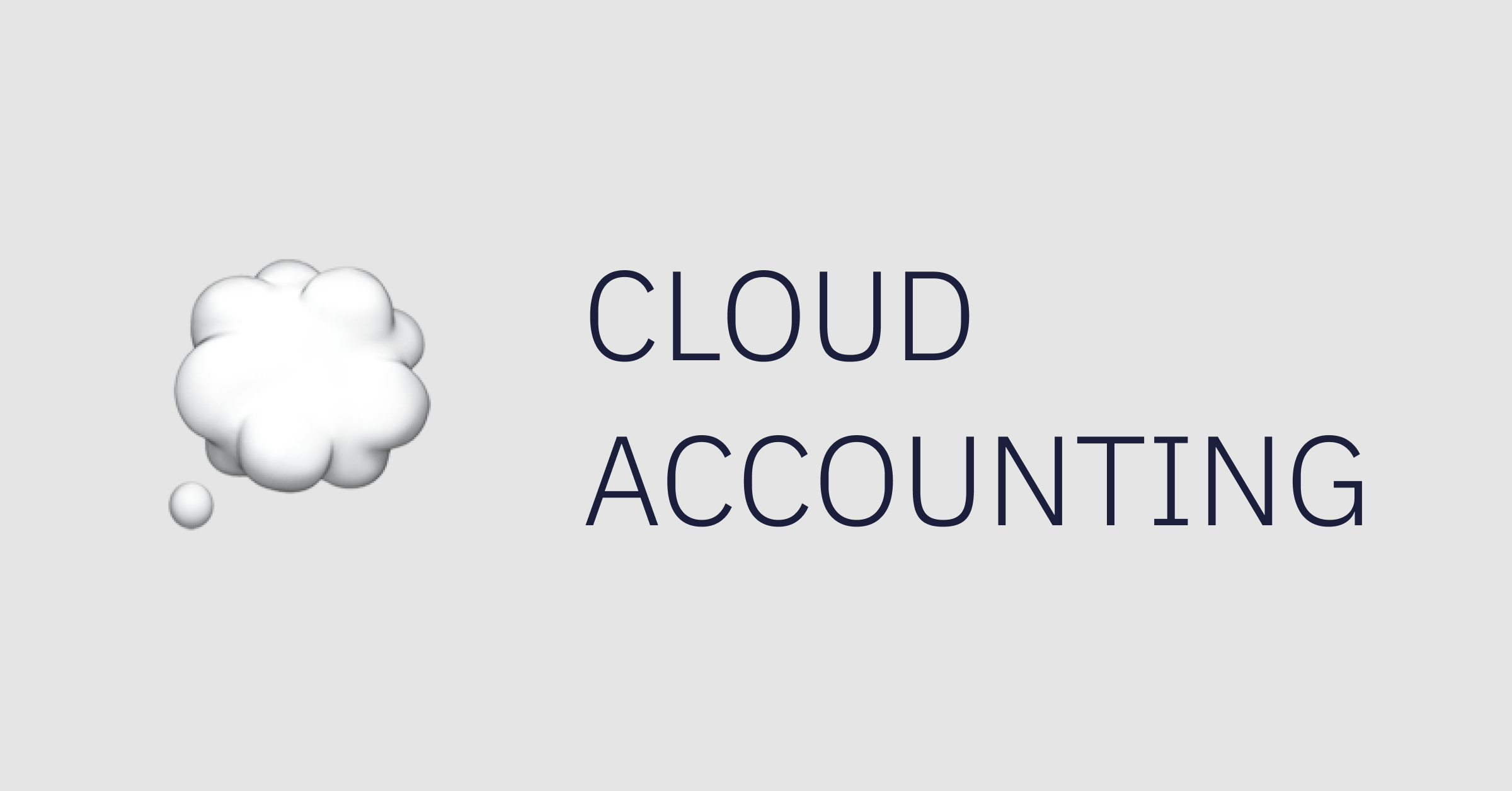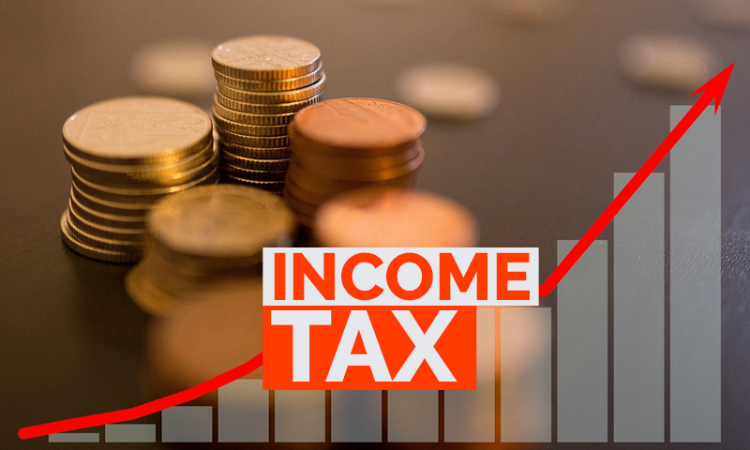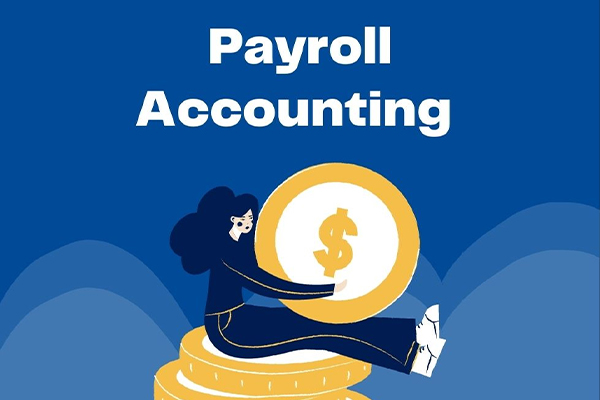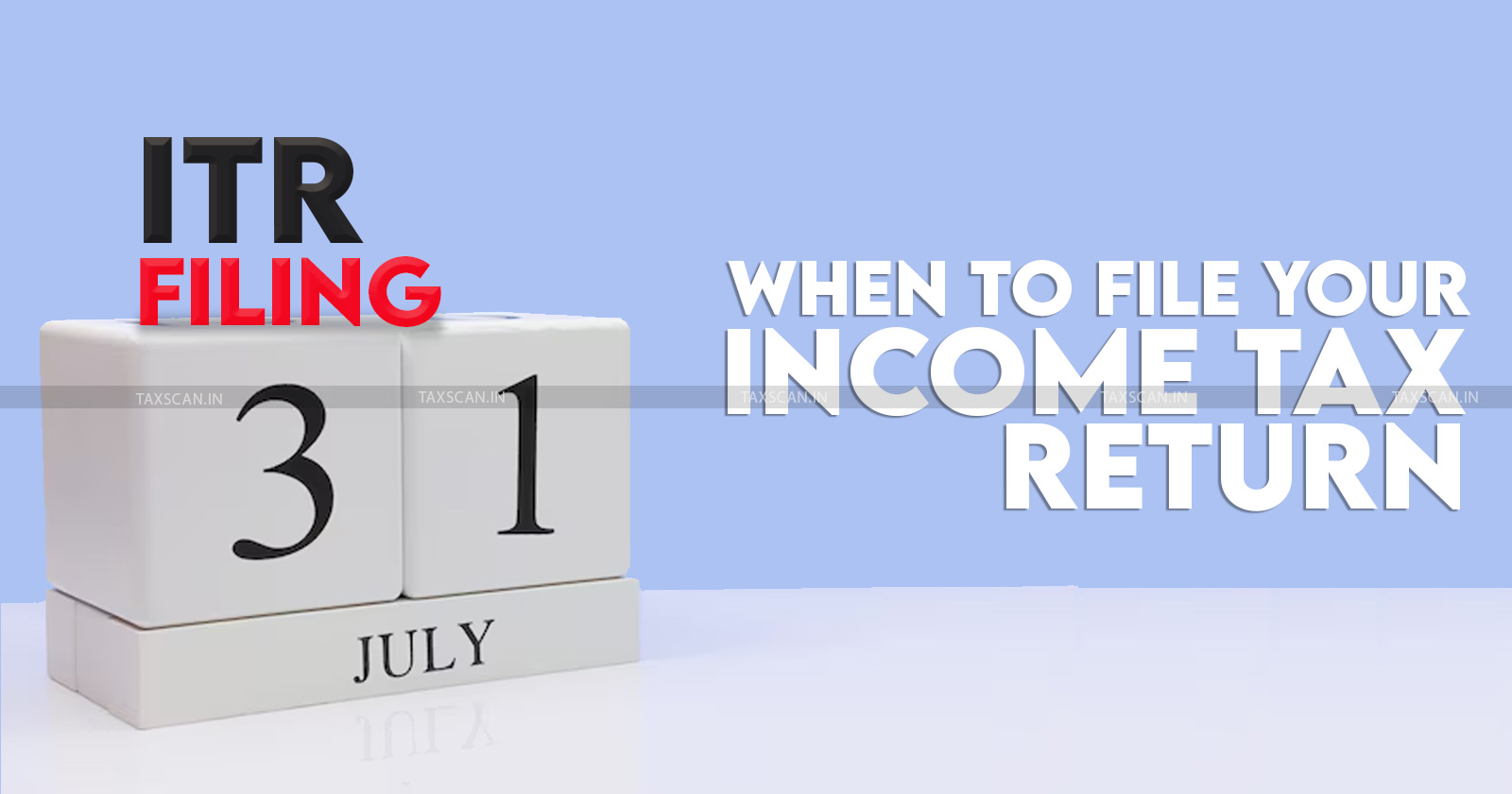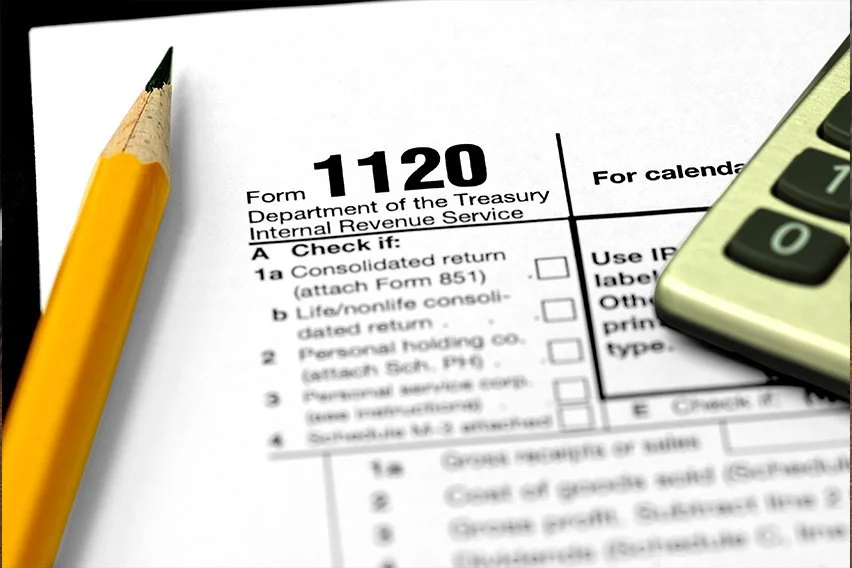VAT in Dubai (UEA)
Value Added Tax (VAT) is an indirect tax levied on the consumption of goods and services. It is a crucial source of revenue for many governments worldwide. Dubai, part of the United Arab Emirates (UAE), implemented VAT on January 1, 2018, following the GCC VAT framework agreement.The Federal Tax Authority (FTA) oversees the implementation and regulation of VAT in Dubai. The VAT rate in Dubai is set at 5%, applicable to most goods and services. However, certain goods and services are zero-rated or exempt from VAT.
Value Added Tax (VAT) is an indirect tax levied on the consumption of goods and services. It is a crucial source of revenue for many governments worldwide. Dubai, part of the United Arab Emirates (UAE), implemented VAT on January 1, 2018, following the GCC VAT framework agreement.The Federal Tax Authority (FTA) oversees the implementation and regulation of VAT in Dubai. The VAT rate in Dubai is set at 5%, applicable to most goods and services. However, certain goods and services are zero-rated or exempt from VAT.
Zero-Rated and Exempt Supplies
Zero-rated supplies are taxable but at a 0% VAT rate, meaning businesses can claim credit for the VAT paid on their inputs. Examples include:
Export of goods and services outside the GCC
International transportation and related supplies
Supplies of certain healthcare services and equipment
Education services and related goods and services
Exempt supplies are not subject to VAT, and businesses cannot reclaim VAT on their inputs. These include:
Financial services
Residential properties (barring the first sale of new residential properties)
Bare land
Local passenger transport
VAT Registration
Businesses must register for VAT if their taxable supplies and imports exceed the mandatory registration threshold of AED 375,000. Voluntary registration is available for businesses with supplies and imports between AED 187,500 and AED 375,000.
VAT Compliance
Registered businesses must adhere to several compliance requirements, including:
Issuing VAT invoices
Maintaining comprehensive records for at least five years
Filing periodic VAT returns (usually quarterly)
Paying due VAT to the FTA within the stipulated time frame
Input Tax
Input tax means the VAT paid or due to the supply of goods or services or during an import. Businesses in UAE shall keep the invoice and import documents to claim the input tax paid on the purchases.
Impact on Businesses
Implementing VAT has several implications for businesses in Dubai:
Cash Flow Management: Businesses need to manage their cash flows effectively to account for VAT payments.
Pricing Strategies: Businesses must decide whether to absorb the VAT cost or pass it on to consumers.
Accounting and IT Systems: Upgrading accounting and IT systems to ensure accurate VAT calculation and reporting is essential.
Staff Training: Employees must be trained on VAT compliance and procedures to avoid penalties and fines.
Conclusion
VAT in Dubai is a critical aspect of the UAE's economic framework, designed to diversify revenue sources away from oil dependency. Businesses operating in Dubai must understand and comply with VAT regulations to avoid legal repercussions and optimize their financial operations. The FTA provides comprehensive guidance and support to ensure smooth VAT implementation and compliance.

